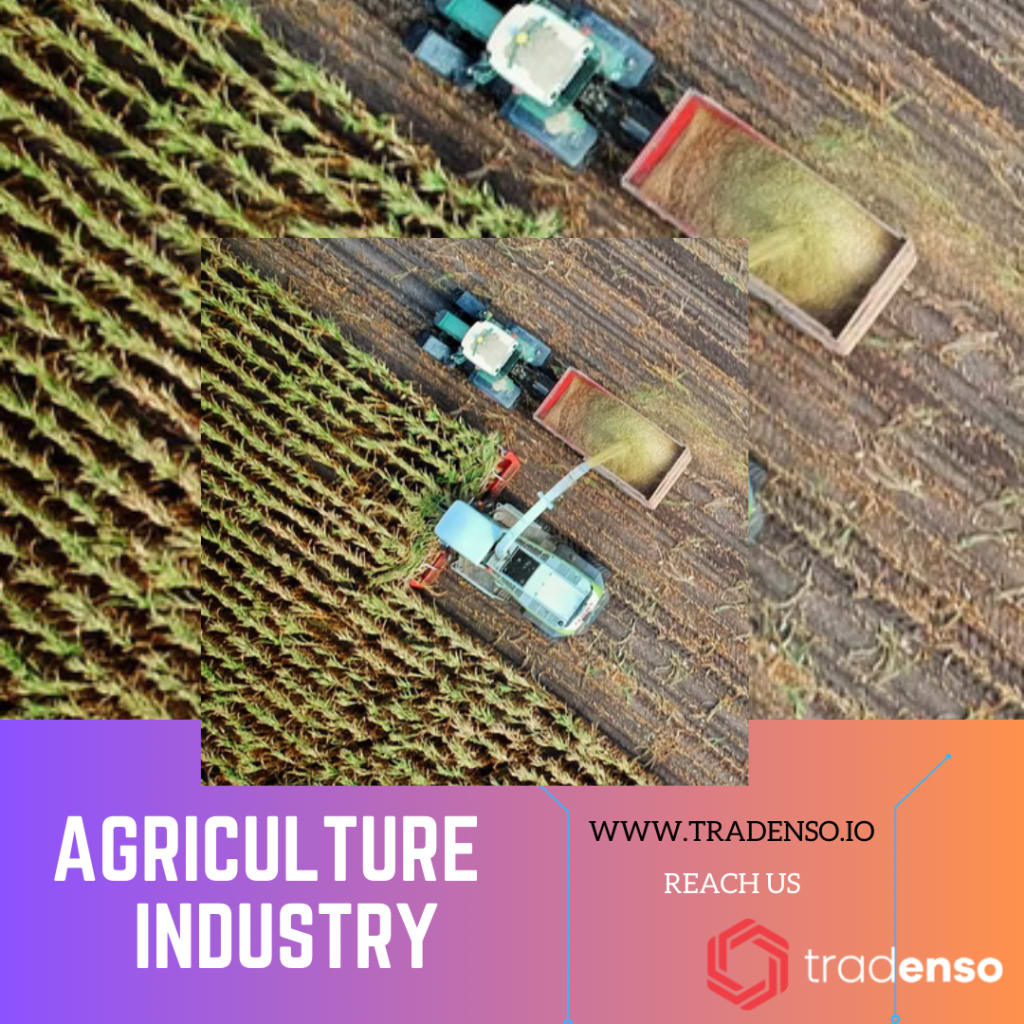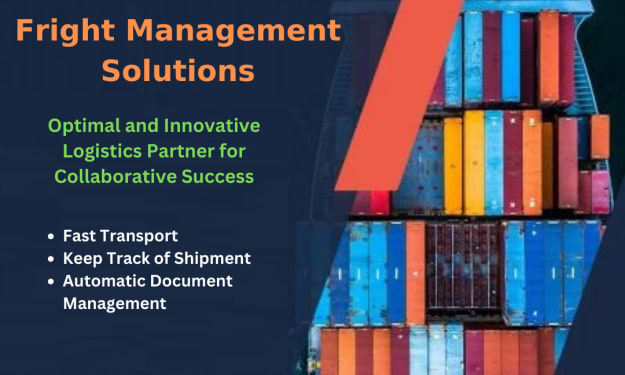
Introduction
In the ever-evolving world of agriculture, traditional farming methods are being redefined by modern approaches that prioritize efficiency, sustainability, and technological advancements. These innovative practices are revolutionizing the way we produce food, aiming to meet the demands of a growing global population while minimizing environmental impact. In this blog, we will explore some of the modern approaches that are reshaping the agriculture industry.
Precision Farming: Embracing Technology for Efficiency
Precision farming is a modern approach that leverages technology to optimize agricultural practices. It involves the use of advanced tools such as GPS, sensors, drones, and satellite imagery to gather data about soil conditions, crop health, and weather patterns. This data-driven approach enables farmers to make informed decisions regarding irrigation, fertilization, and pest control, resulting in higher crop yields, reduced resource waste, and increased profitability.
By precisely targeting the application of water, fertilizers, and pesticides, precision farming minimizes the environmental impact of agriculture. It ensures that resources are utilized efficiently, reducing water pollution, soil degradation, and the emission of greenhouse gases. Moreover, by identifying crop stress and diseases early on, farmers can take prompt action, preventing the spread of infections and minimizing crop losses.
Vertical Farming: Growing Upwards for Urban Sustainability
As urbanization continues to increase, traditional agriculture faces the challenge of limited land availability. Vertical farming offers a solution by utilizing vertical space within urban environments to grow crops in stacked layers or vertically inclined surfaces. This approach allows for year-round cultivation, independent of weather conditions, and reduces the need for vast expanses of farmland.
Vertical farms employ techniques such as hydroponics, aeroponics, and aquaponics to cultivate crops in a controlled indoor environment. By providing the optimal conditions for growth, including temperature, light, and nutrient levels, vertical farming maximizes crop productivity. Additionally, since vertical farms are located closer to urban centers, the transportation distance between farm and consumer is significantly reduced, leading to fresher produce and decreased carbon emissions.
Organic and Sustainable Farming: Nurturing the Environment
As consumers become increasingly conscious of the environmental impact of agriculture, organic and sustainable farming practices are gaining traction. These approaches prioritize soil health, biodiversity conservation, and natural resource preservation. Organic farming avoids the use of synthetic fertilizers, pesticides, and genetically modified organisms, relying instead on natural fertilizers, crop rotation, and biological pest control methods.
Sustainable farming takes a broader approach, encompassing not only organic practices but also the integration of renewable energy sources, water conservation techniques, and the reduction of waste. It emphasizes long-term environmental and social sustainability, ensuring that farming practices support ecosystem health, promote fair trade, and contribute to the overall well-being of farming communities.
Agroforestry: Harnessing the Power of Trees
Agroforestry is a farming system that integrates trees with traditional crops or livestock. By strategically planting trees within farming landscapes, agroforestry provides a range of benefits. The trees contribute to soil fertility by fixing nitrogen and increasing organic matter, enhancing the health and productivity of crops. They also provide shade, reducing the need for irrigation and protecting livestock from extreme weather conditions.
Moreover, agroforestry promotes biodiversity, creating habitats for beneficial insects, birds, and other wildlife. It helps combat climate change by sequestering carbon dioxide through tree growth and reducing soil erosion. Additionally, the diversity of products that can be derived from agroforestry, such as fruits, nuts, timber, and medicinal plants, offers economic opportunities for farmers, increasing their resilience and income.
Conclusion
The adoption of modern approaches in the agriculture industry holds great promise for addressing the challenges we face in feeding a growing global population while protecting our environment. Precision farming enables farmers to optimize resource usage, minimize waste, and increase productivity through data-driven decision-making. Vertical farming offers a solution to limited land availability in urban areas, allowing for year-round cultivation and reducing transportation distances. Organic and sustainable farming practices prioritize environmental stewardship, promoting soil health, biodiversity conservation, and the overall well-being of farming communities. Agroforestry integrates trees into agricultural landscapes, providing multiple benefits such as improved soil fertility, biodiversity conservation, and economic opportunities for farmers.
As we continue to redefine farming, it is important to foster collaboration between researchers, farmers, policymakers, and consumers. Investing in research and development of innovative technologies, providing training and support to farmers in adopting new practices, and creating incentives and policies that promote sustainable agriculture are essential steps towards a more resilient and environmentally conscious food system.
By embracing these modern approaches in the agriculture industry, we can create a future where food production is efficient, sustainable, and equitable. We have the opportunity to redefine farming practices to ensure a bountiful harvest for generations to come while protecting our planet's precious resources. Let us work together to shape a more sustainable and resilient agriculture industry that nourishes both people and the planet.
About the Creator
tradenso
Grow and execute your project with a new leading company Tradenso. We believe in building trust with the customer and making a profitable business. Visit: https://www.tradenso.io/






Comments
There are no comments for this story
Be the first to respond and start the conversation.